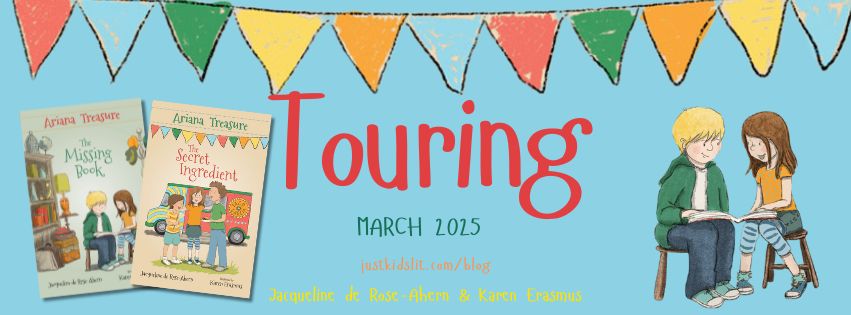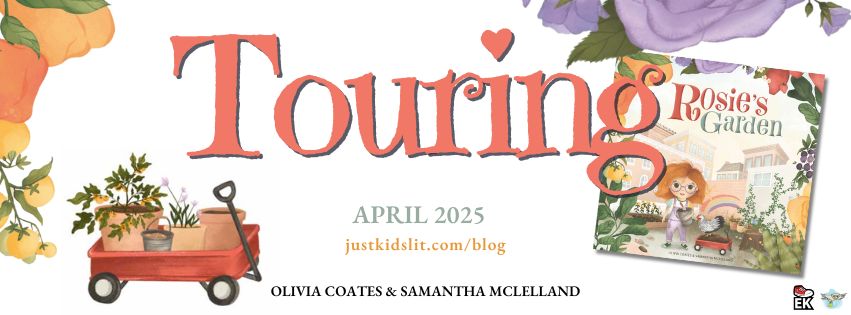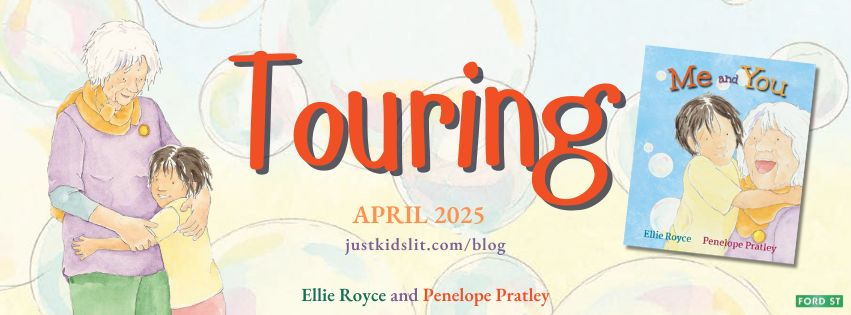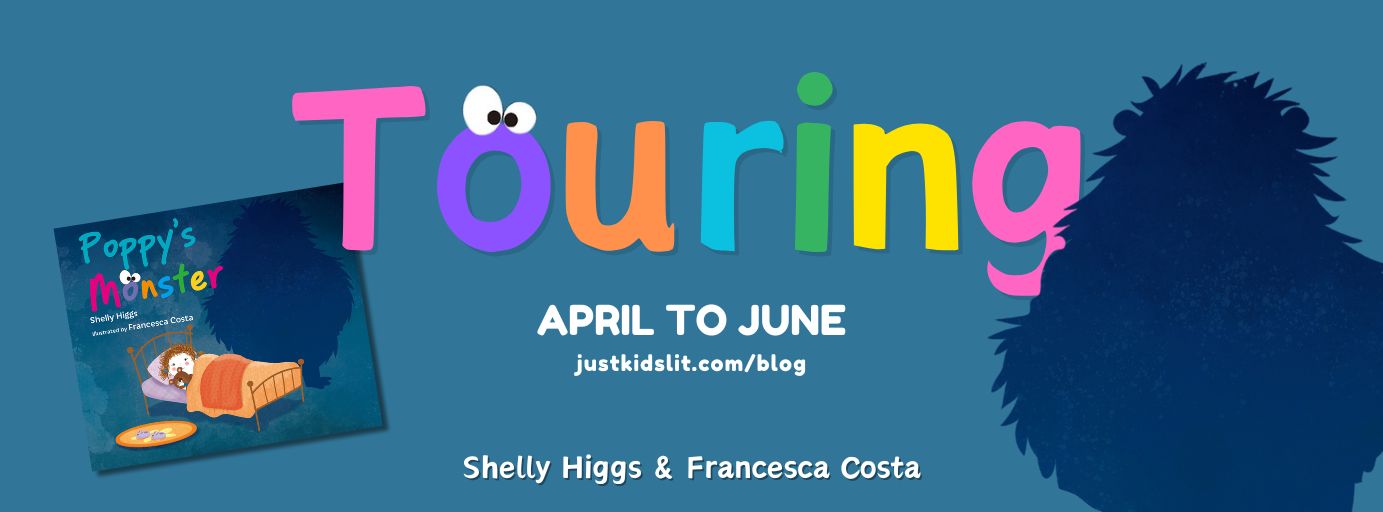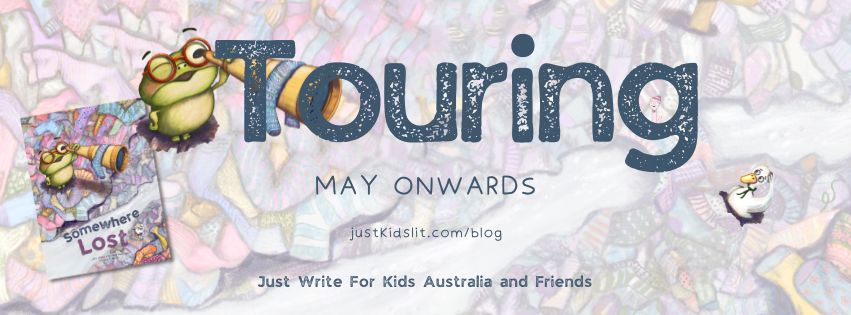 It’s OK to feel the way you do, otherwise you wouldn’t be you, Josh Langley (author and illustrator), Big Sky Publishing, 2017.
It’s OK to feel the way you do, otherwise you wouldn’t be you, Josh Langley (author and illustrator), Big Sky Publishing, 2017.
“Everyone has feelings… happy, sad, lonely, angry, anxious, proud, scared – and they’re all OK!
But sometimes we just don’t know what to do with them. Until now that is!”
There are myriad children’s books that strive to teach a life lesson, deliver a message or simply inspire.
While an abundance of beautifully written picture books do just that, the message is most often woven within a fictional story – particularly common for books which are targeting young readers.
Josh Langley gets straight to the point in his latest picture book, It’s OK to feel the way you do, otherwise you wouldn’t be you.
The book does three things: explains what different feelings mean, reassures children that it’s okay to feel them, and provides tips for dealing with more challenging feelings.
Sounds like a lot for young kids to take in!
And it is. Yet, through brilliant use of language, clever metaphors and gorgeous illustrations, Langley has created an endearing and fun picture book that children will want to read.
My 6-year-old son loves his books, but generally stays away from non-fiction – it’s all about stories for him. So when I handed him this one I wondered whether he’d even open the first page.
When I peeked into his room a few minutes later I found him enthralled. When he’d finished I asked him about it, and was surprised by how much he’d taken in.
He went on to tell me what he was going to do next time he felt angry and that there was a name for that feeling of having your stomach tied up in knots.
What’s special about Langley’s book is that it uses humour and fun to deliver a serious message; keeping kids entertained through fabulous illustrations, while also providing practical, actionable tips.
Using stunningly quirky, (yet direct and simple) vocabulary, this delightful picture book easily opens the door for discussions about feelings and how to navigate them.
It’s OK to feel the way you do, otherwise you wouldn’t be you will appeal to the youngest readers, right through to older children.






